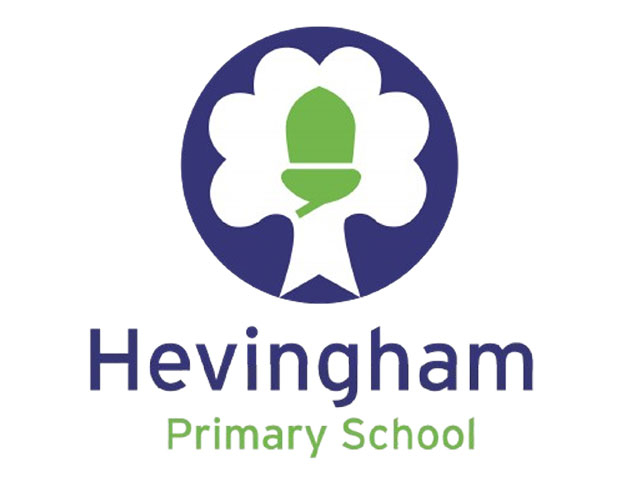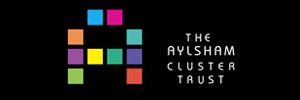Uncategorised
TACT (Families) Workshops and Courses
TACT (Families) Workshops and Courses
Design and Technology
Intent
At Hevingham and Marsham Primary School Partnership, we believe that through design and technology, pupils will learn to develop their creativity and imagination to design and make products. They will be able to plan, make and test in order to find the best solutions to a range of problems, drawing on cross curricular links within maths, science, engineering, computing and art. Pupils will learn to take risks, allowing them to become more resourceful with innovation and developing their knowledge of trial and error. They will identify the changes in technology through history and how this has impacted our current technological achievement, both in their immediate surroundings and in the world at large.
Implementation
Through a variety of creative and practical activities, over a two-year rolling programme, Hevingham and Marsham Primary School Partnership teach the knowledge, understanding and skills needed to engage in the process of designing and making. The National Curriculum is followed with the guidance of the STEM Progression Framework to ensure staff address the progressive areas to successfully teach D&T,
- Designing
- Making
- Evaluating
- Technical Knowledge
In addition, cooking and nutrition is taught during one of our themes within the rolling curriculum as well as planned after school clubs. This is to ensure the children have a growing understanding of where food comes from, its seasonality and the need for a healthy and varied diet.
Key concepts and technical vocabulary are mapped out on a front page which headlines the topic within exercise books as well as planning to ensure the children are able to refer to and use their taught skills and vocabulary with greater confidence enabling them to become successful learners.
Design and technology lessons are usually taught as a block, replacing Art for the term. This again is taught for at least an hour a week but larger projects can often require more dedicated time which is often linked within additional lessons using cross-curricular techniques.
History
Intent
We offer a high quality and ambitious history curriculum that ignites in pupils a real curiosity and fascination about Britain’s past and the wider world. Our aim is to fulfil the requirements, aims and programmes of study of the National Curriculum for History, whilst also being fully inclusive of every child. We provide a broad and balanced programme of study that encompasses both our school values and British Values throughout. Our history curriculum has been carefully ordered and sequenced, ensuring that key component knowledge is not only built upon but rigorously revisited through pedagogical teaching and learning approach.
Implementation
In ensuring high standards of teaching and learning in history, we implement a curriculum that is progressive and builds year on year.
History is taught as part of a half-termly or termly topic, focusing on key component knowledge and incorporates composite and disciplinary skills, enabling children to learn how to become a historian. Our History lessons provide a variety of opportunities for children to expand their vocabulary through careful planning, discussion, research and reading.
We ensure that history has the same importance given to it as the core subjects, as we feel this is important in enabling all children to gain ‘real-life’ experiences and to work as historians. Children are given opportunities to carry out historical inquiries by using research to answer their own questions or pre-planned learning challenge questions. They are encouraged to use a range of historical tools in order collate information about a period in history or an historical event, and then are able to present their findings in a variety of ways.
EYFS
In EYFS, teachers follow the ‘Development Matters in the EYFS’ guidance which aims for all children in Reception to have an ‘Understanding of the World; people and communities, by the end of the academic year.
Geography
Geography
Intent
Our aim is to inspire children’s curiosity, interest and appreciation for the world that we live in. We intend to equip children with the geographical knowledge to develop their skills through studies of places, people and natural and human environments.
As geographers, pupils are exposed to a rich and balanced curriculum that provides them with essential component knowledge and new vocabulary. As pupils progress through the school, they will develop an insight into the links between physical and human processes and how landscapes and environments have changed and continue to change over time. Through our immersive curriculum, children will learn their role as global citizens and their place within the world.
Implementation
Our geography curriculum offers high quality and well-planned lessons, which are progressive in nature. Geographical questioning helps pupils to gain a coherent knowledge and understanding of the world and its people. Through our geography curriculum, children have opportunities to investigate and interpret a range of geographical locations in Britain and across the wider world. We encourage children to become geographers through collecting, analysing and communicating through discussion our findings. Where possible, we ensure cross curricular links with maths and literacy. Children are given access to a range of resources to develop learning through atlases, digital technology, books, photographs and a range of maps. Geography provides excellent opportunities to support all learning abilities through investigations, outdoor learning and analysing data.
EYFS
In EYFS, we want the children to have Geographical based learning through fun, first-hand, balanced and enriched learning experiences, which will address the individual needs and interest of each child. We intend to encourage all children of this school, to become outward looking individuals, to explore and use their experiences to learn about the wider geographical world.


